Summaries of books about Science & Math:
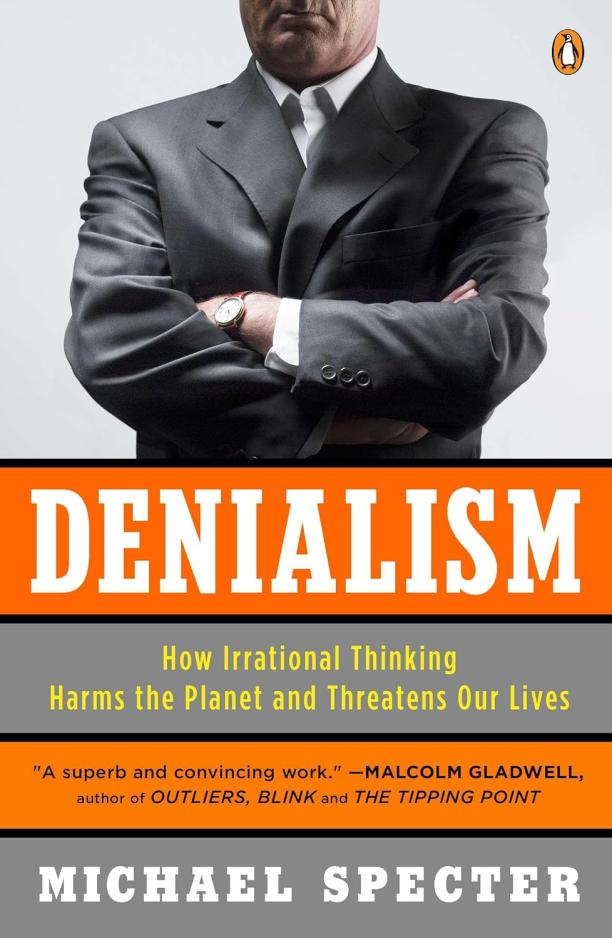
Denialism
How Irrational Thinking Harms the Planet and Threatens Our Lives
Michael Specter
The book explores the rejection of scientific evidence by certain segments of the public on issues like vaccines, genetically modified foods, and climate change. It argues that such denialism is driven by fear and misinformation, and poses a significant risk to public health and environmental sustainability.
See full summary

A Life Decoded
My Genome: My Life
J. Craig Venter
The book chronicles the journey of one of the leading scientists in genomic research, detailing his work in sequencing the human genome and the establishment of Celera Genomics. It also delves into his personal life, scientific challenges, and the ethical implications of genetic research.
See full summary

What the F
What Swearing Reveals About Our Language, Our Brains, and Ourselves
Benjamin K. Bergen
The book delves into the science behind swearing, exploring how such language impacts our brains and emotions, and what profanity reveals about human society and our use of language. It examines the role of taboo words in culture, cognition, and communication, offering insights into why we swear and how it affects us both psychologically and socially.
See full summary
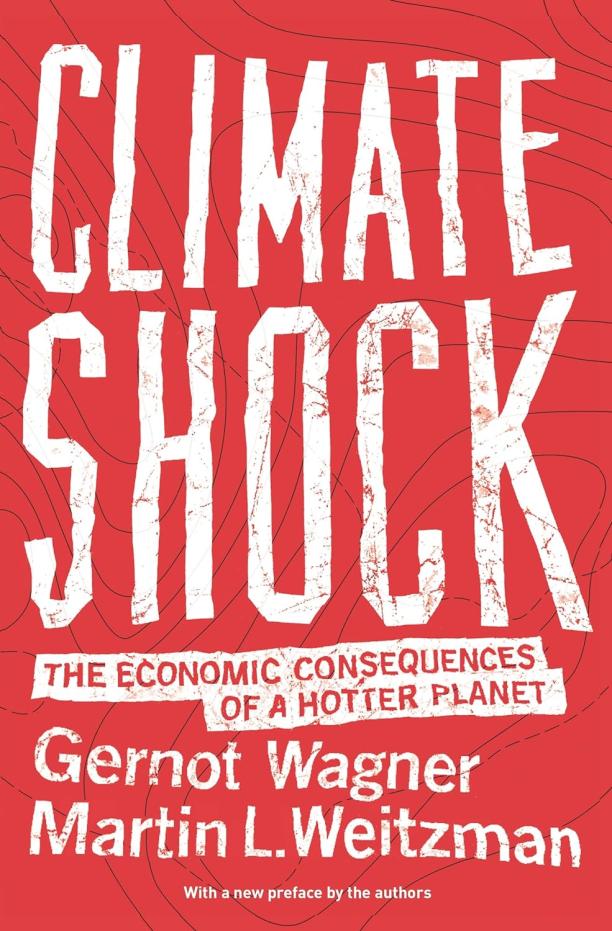
Climate Shock
The Economic Consequences of a Hotter Planet
Gernot Wagner|Martin L. Weitzman
The book delves into the potential economic fallout from unchecked climate change, emphasizing the high costs and risks associated with rising global temperatures. It advocates for urgent policy action, particularly through the lens of economic theory and cost-benefit analysis, to mitigate the severe and unpredictable impacts on the world's economies.
See full summary

The Science of Good and Evil
Why People Cheat, Gossip, Care, Share, and Follow the Golden Rule
Michael Shermer
The book explores the origins of our moral instincts and how humans develop concepts of right and wrong based on evolutionary biology, psychology, and cultural influences. It examines the role of ethics in society and how science can inform our understanding of moral behavior, including altruism, cooperation, and the reasons behind our moral choices.
See full summary
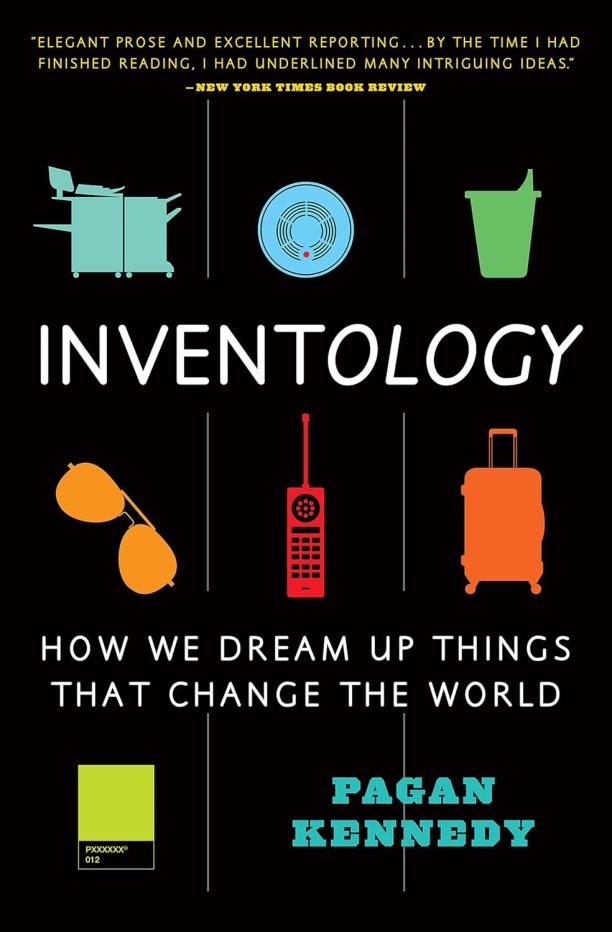
Inventology
How We Dream Up Things That Change the World
Pagan Kennedy
The book explores the science and process behind invention, examining how innovators transform ideas into reality and the various factors that influence this creative process. It delves into case studies and research to reveal patterns in innovation and offers insights into how new products and solutions come to be.
See full summary
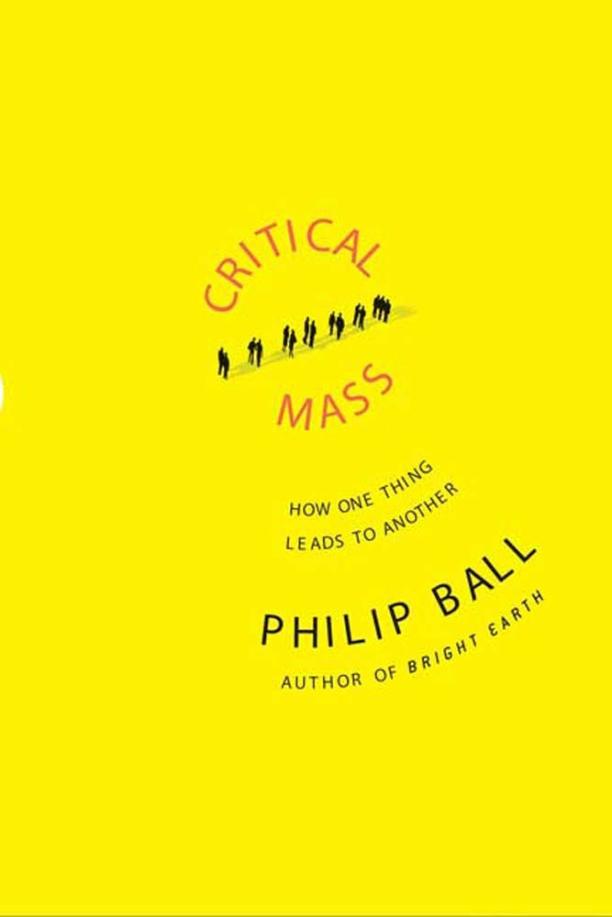
Critical Mass
How One Thing Leads to Another
Philip Ball
The book explores the application of physics concepts, particularly statistical mechanics, to understand the collective behavior of human societies and economic systems. It delves into how individual actions can aggregate into large-scale phenomena, drawing parallels between physical systems and social dynamics.
See full summary

Should We Eat Meat?
Evolution and Consequences of Modern Carnivory
Vaclav Smil
The book provides a comprehensive examination of meat consumption from an evolutionary perspective, analyzing its role in human development and the environmental and health impacts of modern meat production and consumption. It delves into the sustainability of carnivorous diets and explores potential future trends and ethical considerations regarding the global reliance on animal protein.
See full summary
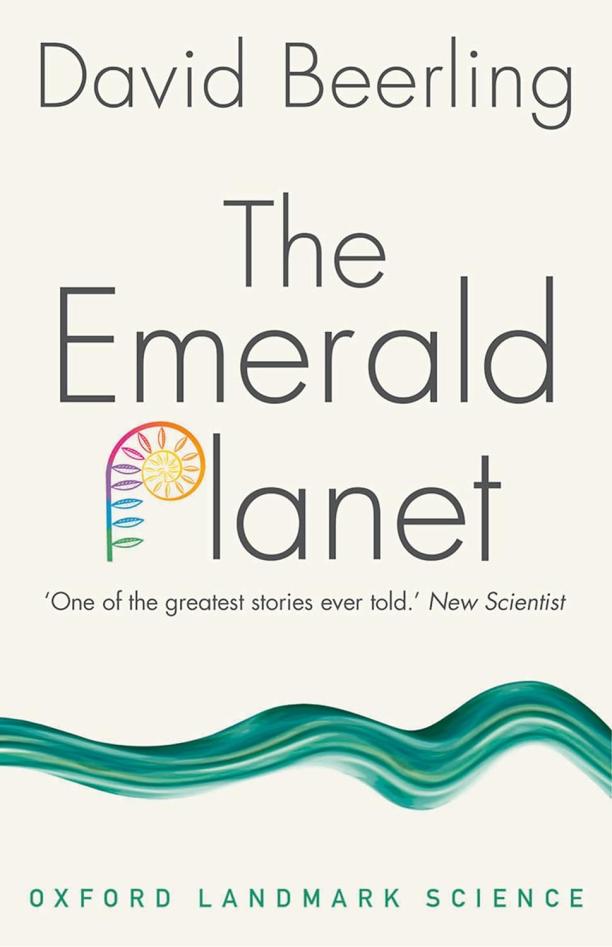
The Emerald Planet
How plants changed Earth's history
David Beerling
The book explores the pivotal role of plants in shaping Earth's history, climate, and biodiversity over millions of years. It delves into the co-evolution of flora and the environment, highlighting how vegetation has been a major force in driving geological and atmospheric changes.
See full summary
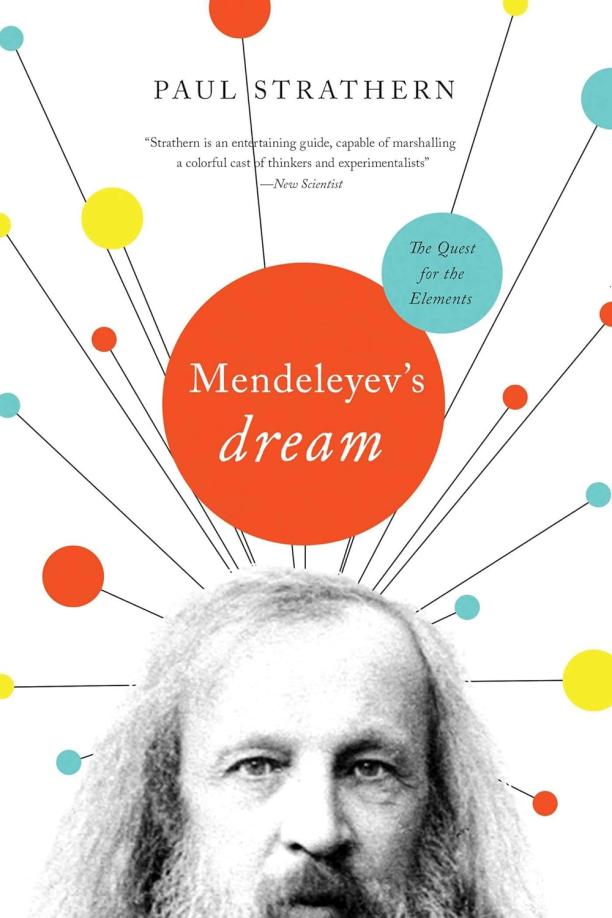
Mendeleyev's Dream
The Quest for the Elements
Paul Strathern
The book traces the history of chemistry from the ancient Greeks through the development of the periodic table by Dmitri Mendeleev. It explores the lives and discoveries of key scientists in the field, culminating in Mendeleev's revolutionary organization of the elements based on their atomic weights and properties.
See full summary